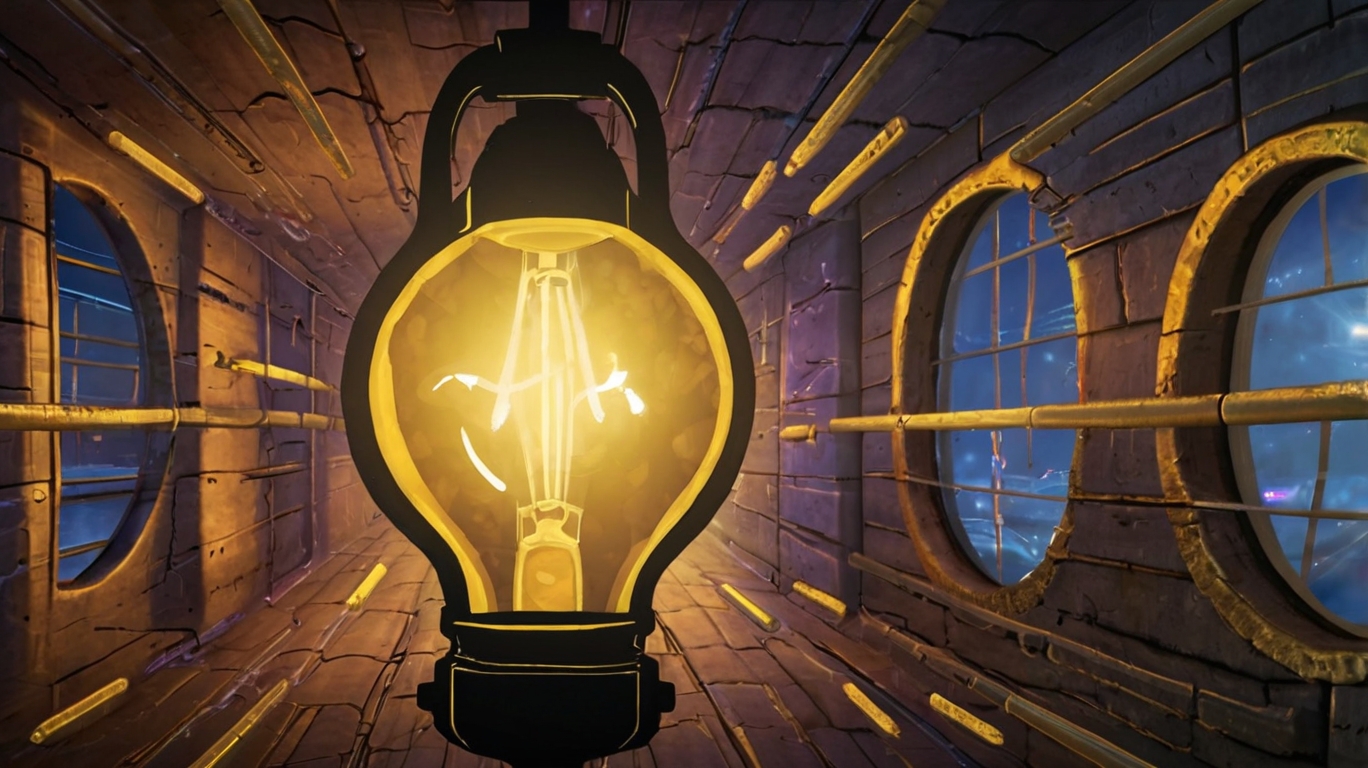
In the fast-paced world of video game production, developing a strong game concept is the first and most important step. At Melior Games, the most innovative concepts are often the result of a synthesis of deep player research, creativity, and insight. In this article, we’ll look at how to help you take your first concept and turn it into your next big thing.
1. Start with a Passion
Your best game ideas will often stem from something you’re passionate about. Whether it’s a genre you love, a story you’ve always wanted to tell, or a gameplay mechanic that excites you, starting from a place of passion ensures that you’ll stay motivated and enthusiastic throughout the development process.
Tip: Reflect on the games that have captivated you. What elements did you enjoy the most? Was it the storytelling, the challenge, the art style, or something else? Use these insights as a foundation for your own game.
2. Identify a Gap in the Market
Research is key. Look at the current trends in the gaming industry and identify what’s missing. Are there underrepresented genres or niches that have a dedicated fanbase but few new releases? Is there a way to innovate within a popular genre?
Example: Games with a battle royale plot are very popular, but what if you could add a rich story and distinctive visuals to the survival aspect? This might draw players who enjoy story-driven games as well as those who enjoy battle royale.
3. Blend Genres and Mechanics
Some of the most successful games are those that blend elements from different genres to create something unique. Experiment with combining gameplay mechanics from various genres to see what interesting combinations you can come up with.
Exercise: Take two or three of your favorite games from different genres and brainstorm how their mechanics could be fused into a single game. For instance, what if you mixed the exploration of an open-world RPG with the fast-paced action of a shooter and the strategic depth of a puzzle game?
4. Draw Inspiration from Other Media
Just as movies, books, and TV shows are storytelling mediums, so are video games. Generating inspiration from many media can result in inventive and captivating game concepts.
Tip: Watch movies, read books, or listen to music that resonates with you. Pay attention to the themes, characters, and settings. How can these elements be translated into a game? What kind of gameplay mechanics would best serve these narratives?
5. Think About the Player Experience
Think about the experience you wish to give the player. Which feelings—a sense of mystery, delight, danger, or adventure—do you wish to arouse? Comprehending the emotional voyage you aim to undertake with the player can aid in molding the central concept of your game.
Question: What emotions do you want players to feel while playing your game? How can your game’s mechanics, story, and art style work together to evoke these emotions?
6. Prototype and Iterate
Once you have a rough idea, start prototyping. Creating a simple, playable version of your concept can help you test and refine your ideas. Feedback from playtesting is invaluable in this stage.
Action: To swiftly develop your idea, use programs like Unity, Unreal Engine, or even straightforward paper prototypes. To get comments and make changes to your concept, playtest it with friends, coworkers, or possible players.
7. Stay Open to Collaboration
Production of video games is a team endeavor. Be open to receiving input and suggestions from your team and don’t be afraid to share your thoughts with them. Breakthroughs and the development of your idea into a finished game might come via collaborative brainstorming.
Advice: Hold regular brainstorming sessions with your team. Encourage a free flow of ideas and create an environment where everyone feels comfortable sharing their thoughts.
Conclusion
Creating a game idea is a creative process that requires passion, research, and teamwork. We at Melior Games are constantly curious to discover where you may take your creativity. We’ll also assist you in realizing your greatest concepts. Cheers to your creative pondering!




